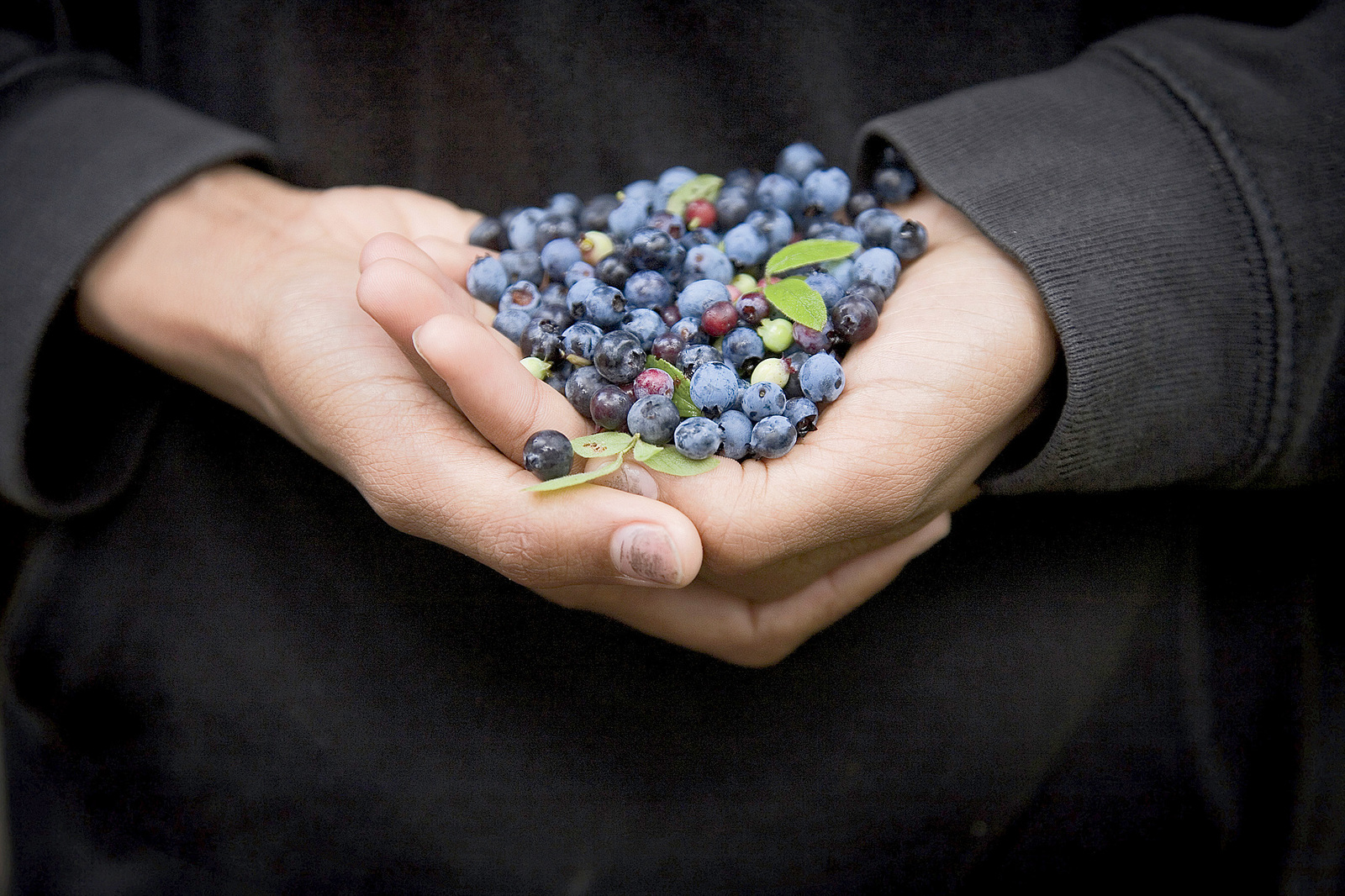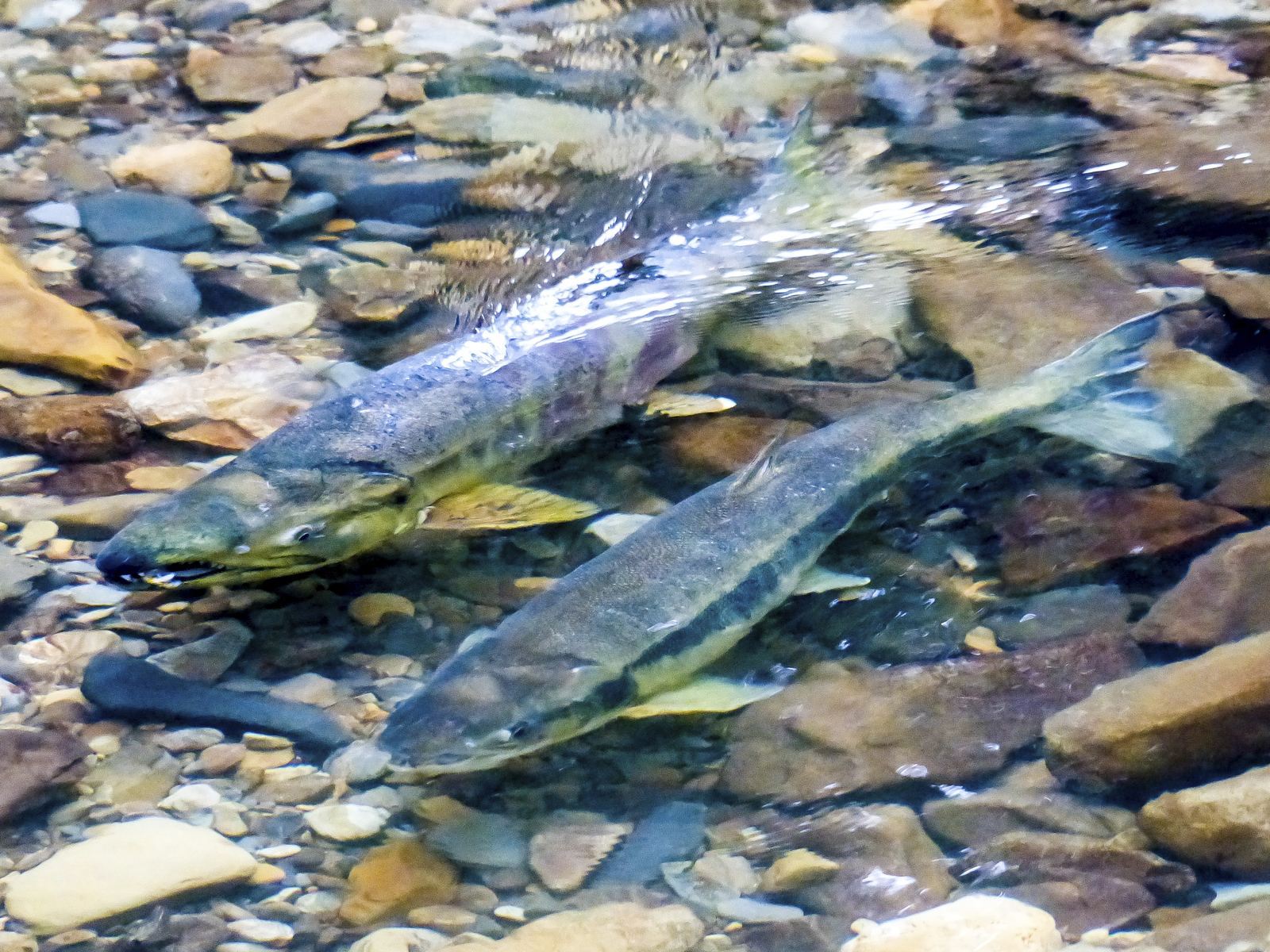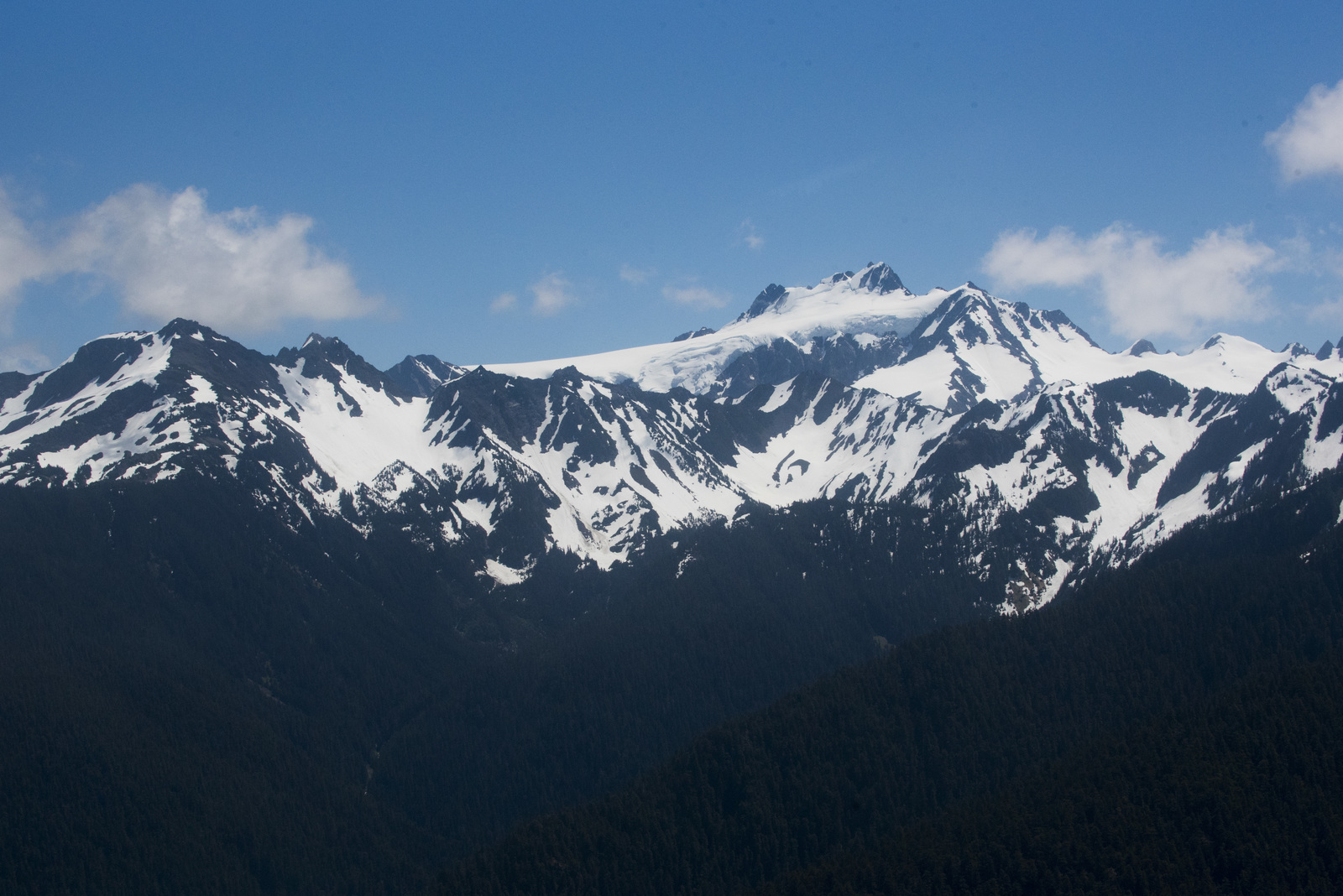By Beth Geiger, freelance writer
With so much time at home this year, it’s no wonder we have a new-found passion for cooking and locally sourced food. Happily, as the holidays approach, markets showcase Washington’s delicious natural harvest: berries and pears and apples, wild salmon, pumpkins, beer brewed from the world’s most productive hop fields. We are especially grateful for this year’s bounty (and also for the essential workers who help bring it to our tables).
While you cook, eat and sip, you might reflect on other ways Washington’s natural bounty has sustained us in 2020. We are blessed with a rich tapestry of mountains, waters, deserts, forests and enviably moderate, clear summers.
With far-flung travel and large celebrations on hold, we’ve turned to this other sort of bounty in unprecedented numbers. Through inspiring videos and images, camping trips and trails, we’ve explored places of astounding beauty from the Pacific Ocean to the Blue Mountains. We’ve cleared stores of gardening supplies and hammocks. We’ve also gained fresh appreciation for the nearby nature that adds delight and solace to our everyday lives—local parks, backyard gardening and neighborhood wildlife, such as birds.
This enthusiasm has caused some issues in the state. Overcrowding led to unsafe conditions and temporary closures of parks and beaches. Roads into some national parks have seen serious gridlock. Hiking reports now mention whether trailhead parking was impossibly full and if trails seemed safe for social distancing.
Thankfully, TNC’s work is helping to alleviate such pressures. For example, our transfer of lands from the Central Cascades Forest to the Forest Service protects that land from development and expands public access for recreation. We also played a key role in passage of the Great American Outdoors Act. This bill provides unprecedented long-term funding to sustain and expand parks, from federal lands to urban greenspaces. With your help, we can continue to enjoy Washington’s incredible natural bounty—from our foodstuffs to our scenic treasures—in safe, rewarding ways.
Banner photo the Craven Farms © Rand Peterson
























